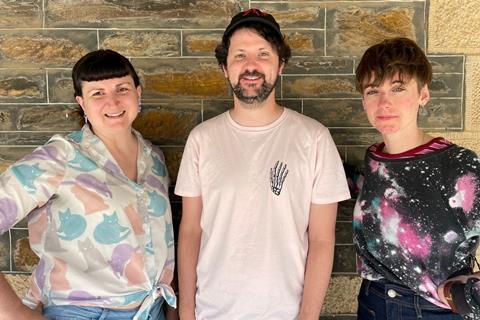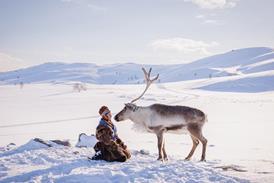
Science-fiction thriller Monolith is set to become the first feature to emerge from a new initiative aimed at boosting South Australia’s filmmaking capacity and diversity.
The production has received a greenlight after nearly a year of development through the Film Lab: New Voices programme – an intensive low-budget skills scheme designed to support the next generation of filmmaking talent in the Australian state.
A budget of $288,000 (AU$400,000) will be provided by state agency the South Australian Film Corporation (SAFC) and the Adelaide Film Festival, where the film is intended to premiere in October.
Casting and location scouting on Monolith is underway, and shooting is expected to begin in May.
Matt Vesely will direct Lucy Campbell’s script about a headstrong journalist whose investigative podcast uncovers a strange artifact, an alien conspiracy, and the lies at the heart of her own story. Producer is Bettina Hamilton.
Three projects were chosen for development from the 63 proposed by 49 teams for the inaugural Film Lab: New Voices.
The other two are continuing to be developed. In The Mati, which writer/director Peter Ninos is producing with Georgia Humphreys, a young gay Greek man must face an evil superstition to escape a prison of his own making.
In The Storm, from writer/director Madeleine Parry and producer Peta Astbury Bulsara, siblings discover on the anniversary of their mother’s death that their father plans to sell the family home, revealing secrets that threaten to divide the family.
If greenlit, these will also receive a budget of AU$400,000 from SAFC and the Adelaide Film Festival, while federal agency Screen Australia helps pays for the overall initiative and local training and resource organisation Mercury CX provides support in-kind.
At least one member of all lab projects must have a key creative who is female, First Nations, culturally or linguistically diverse, deaf or disabled, LGBTQUIA+, or from a regional or remote area.
Seven of the 26 films submitted by 23 teams for the second round of the lab are already being developed. It is anticipated that three will be chosen for further development in the coming weeks.

























No comments yet